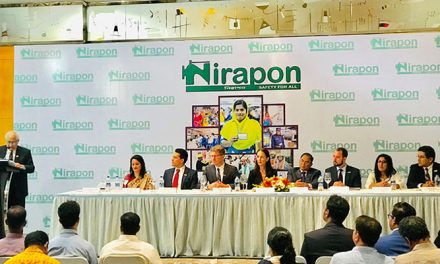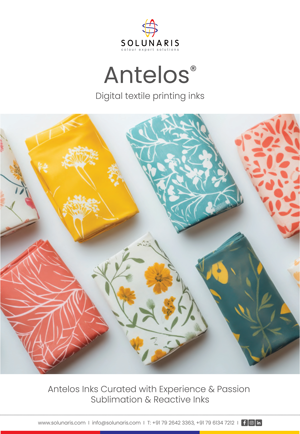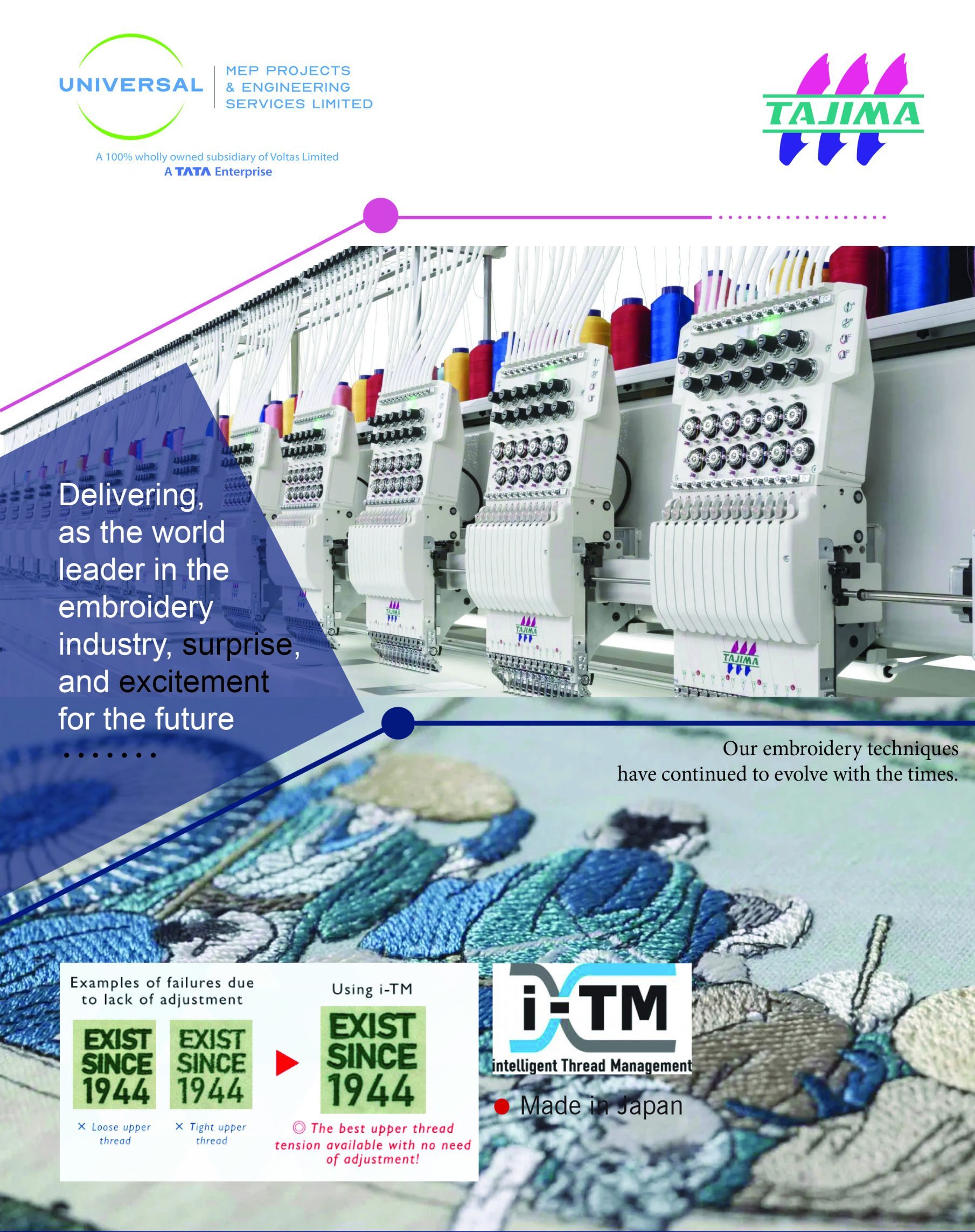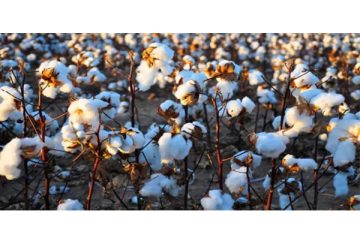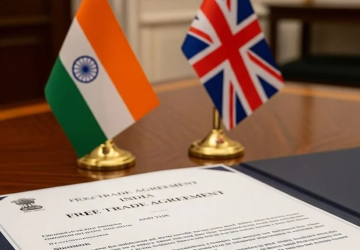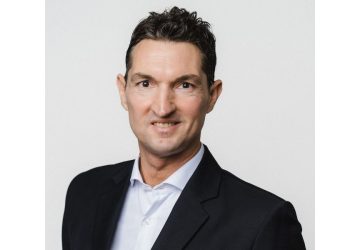 At the international Hamburg Sustainability Conference (HSC), high-ranking representatives from politics, science, business and civil society spent two eventful days discussing measures and the necessary framework conditions for social and ecological transformation. At two very well-attended events, the Aid by Trade Foundation presented new approaches to sustainable cotton production that can serve as the basis for sustainable business models to promote environmental protection and safeguard human livelihoods.
At the international Hamburg Sustainability Conference (HSC), high-ranking representatives from politics, science, business and civil society spent two eventful days discussing measures and the necessary framework conditions for social and ecological transformation. At two very well-attended events, the Aid by Trade Foundation presented new approaches to sustainable cotton production that can serve as the basis for sustainable business models to promote environmental protection and safeguard human livelihoods.
‘The HSC was a great opportunity to clearly emphasise the need for a socially and environmentally sustainable cotton and textile sector,’ says Tina Stridde, Managing Director of the Aid by Trade Foundation. ‘Climate change is already threatening the livelihoods of hundreds of thousands of smallscale farmers – and thus also the cultivation of cotton, one of the most important fibres for the textile industry. We now need efficient solutions for a sustainable transformation of the cotton and textile industry. We are working on this as AbTF with our global partners. The HSC enabled us to publicise the challenges facing small-scale farmers in Africa on an international stage and to discuss possible solutions.’
On the first day of the conference, Tina Stridde took part in the HSC event ‘SMEs, Gamechangers in a Just Transition to Circular and Low-Carbon Economies’ together with representatives of innovative companies from the Global South. The aim was to show that small and medium-sized enterprises and organisers such as the AbTF play a decisive role in establishing sustainable and circular economies. Tina Stridde emphasised the extent to which AbTF standards have not only led to a rethink in the global textile industry in recent years but have also been followed by concrete action. The AbTF standard Cotton made in Africa (CmiA) is continuously expanding its global network in the textile value chain. There is great demand for CmiA cotton.
On the second day, the participants of the HCS workshop ‘Harvesting Opportunities: Leveraging the Value-to-Business Approach for Sustainable Solutions’ by Torsten Stau (Executive Buying Director Non Food / Indirect Spend Rewe Group Buying), Tina Stridde and Francisco Ferreira dos Santos (CEO of the CmiA-verified cotton company San-JFS Cotton Company from Mozambique) learnt more about the successes that have already been achieved. The speakers also discussed the challenges that still need to be overcome to preserve biodiversity and soil quality for future generations and give cotton production a future.
The lively exchange between the panel participants and the interested questions from the audience demonstrated the importance of the topic of sustainability for the most important natural fibre in the global textile industry. ‘The Hamburg Sustainability Conference 2024 was a significant step towards a more sustainable future. The number of innovative ideas that found a forum here offer inspiration and reason to hope that we can effectively support the global fight against climate change and its consequences,’ says Torsten Stau. ‘With the HSC as an annual conference, this development has found another important driving force.’




